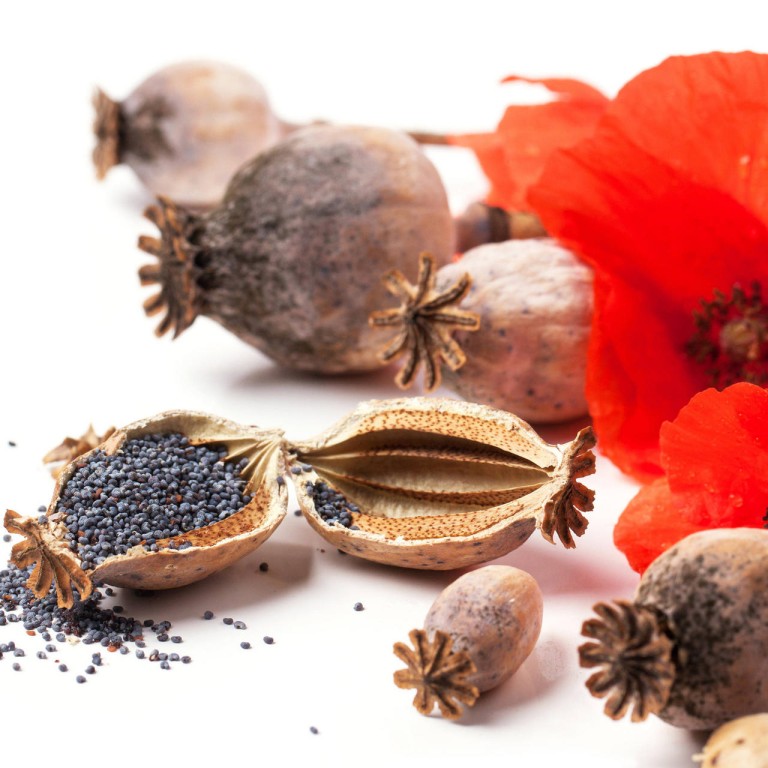
Spice market: Poppy seeds
Susan Jung
It can be difficult to take poppy seeds seriously, at least when they're used (as they so often are) as a garnish, sprinkled over bread or cakes. They're too small for your teeth to actually crunch (I'm sure most of them are swallowed whole), and they only make their presence known long after you've eaten them, when someone lets you know that you have something unsightly stuck between your teeth.
There's strength in numbers, however, and a multitude of poppy seeds can be quite tasty, especially if they've been ground to release their flavour.
Poppy seeds come from the poppy plant - the same type that yields heroin and opium. And yes, there are confirmed reports of people failing drug tests because they've eaten a poppy seed-covered bagel or some such. The amount of opiates in the seeds is minuscule, though, and you'd have to consume an awful lot before you could feel any "druggy" effects. (Some people might find that unfortunate.)
Because poppy seeds are very high in fat, they should be stored in air-tight packaging in the freezer and used quickly. They get more flavour when toasted or cooked, and even more when ground. Poppy seed paste - used as a filling for such sweets as strudel and hamantashen (three-cornered cookies eaten during the Jewish festival of Purim) - is made by grinding the seeds and cooking them in liquid (usually milk or water) with sugar and/or honey until the mixture is very thick.
Poppy seeds are very light and it's hard to grind them in a food processor because the whirling action of the blades make them fly to the edges of the bowl. It's easier to grind them in a burr-type coffee/ spice grinder.

